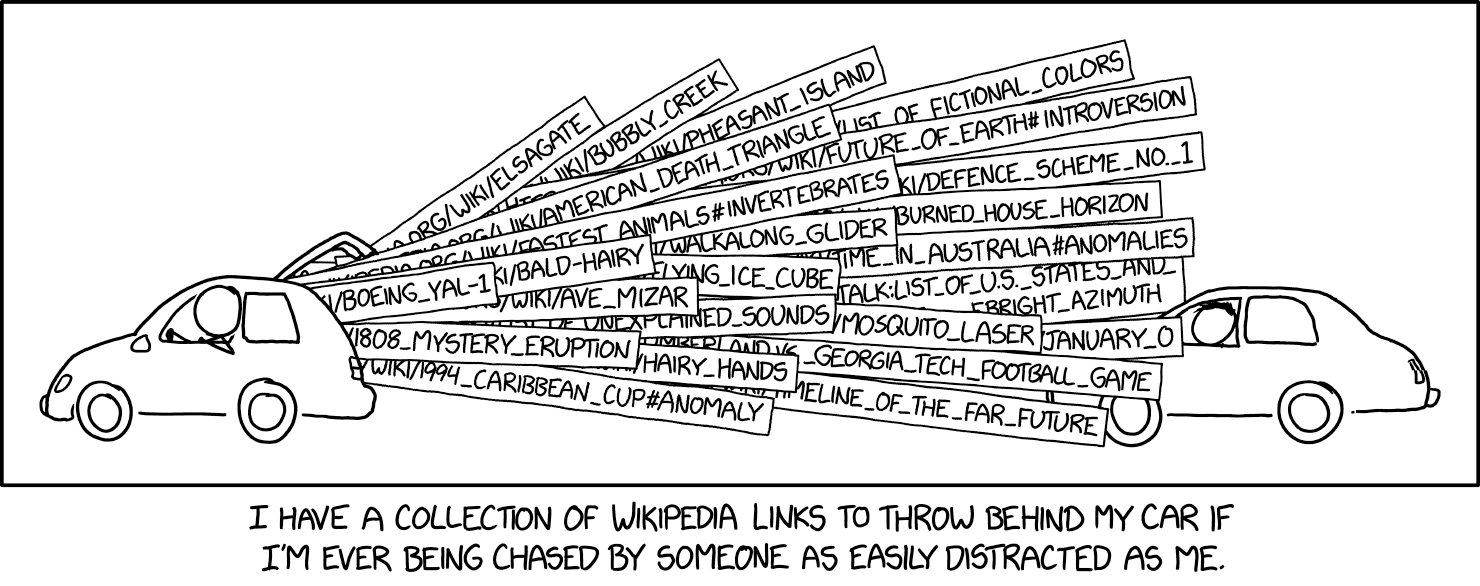Johnny Unusual
(He/Him)
Attention @Octopus Prime, I've discovered the most Octo Spaghetti Western film series.
So, I saw there was a series of films called "Sartana" on Prime Video. I had never heard of them so I started watching one. Its pretty dumb. Not next level dumb, though it seemed like it was going to be there early on. But compared to the more famous spaghetti westerns, very dumb and cheap. But then I found out the movie I was watching isn't of the "original" Sartana canon. Apparently, the original series is beloved by Spaghetti Western fans and sounds wild.
But I guess for Italy, it was not uncommon for just unrelated people do movies based on a movie character without bothering with trademarks. But check out this description of the original.
Via wikipedia "The Sartana character is consistent throughout the original series. He is dressed in a black suit with a vest, white shirt and tie and a long black coat and likes to frequent gambling houses. He is surrounded by mystery, and he also uses this mystery as a weapon to unnerve his opponents – a melody from the musical watch of a dead man coming from nowhere, and answering the door one finds a corpse or a coffin. One pursues Sartana and finds only his clothes. He suddenly appears where it is improbable, or even physically impossible."
OK, this sounds cool, so far. He's like Western Batman. But check this out...
"He uses trick weapons, like a derringer with double chambers, smoke bombs, throwing knives and"
If you can guess the next sentence you are the greatest writer of all time.
"even a robot (named Alfie)."
"He swings a watch of lead or shoots cannonballs and bullets from the pipes of an organ or uses playing cards as throwing weapons. "
At this point he's not so much "Western Batman" as "Western Batman Villain".
"The original Sartana films have a high body count and much action. For example, during the 90 minutes of If You Meet Sartana Pray for Your Death, at least 80 persons are killed, including all the named characters except Sartana and his sidekick, the town undertaker!"
This sounds like a Spaghetti Western parody turned... not parody? Has anyone seen these movies? Because Prime seems only to have one of the films and a bunch of the knock-offs.
So, I saw there was a series of films called "Sartana" on Prime Video. I had never heard of them so I started watching one. Its pretty dumb. Not next level dumb, though it seemed like it was going to be there early on. But compared to the more famous spaghetti westerns, very dumb and cheap. But then I found out the movie I was watching isn't of the "original" Sartana canon. Apparently, the original series is beloved by Spaghetti Western fans and sounds wild.
But I guess for Italy, it was not uncommon for just unrelated people do movies based on a movie character without bothering with trademarks. But check out this description of the original.
Via wikipedia "The Sartana character is consistent throughout the original series. He is dressed in a black suit with a vest, white shirt and tie and a long black coat and likes to frequent gambling houses. He is surrounded by mystery, and he also uses this mystery as a weapon to unnerve his opponents – a melody from the musical watch of a dead man coming from nowhere, and answering the door one finds a corpse or a coffin. One pursues Sartana and finds only his clothes. He suddenly appears where it is improbable, or even physically impossible."
OK, this sounds cool, so far. He's like Western Batman. But check this out...
"He uses trick weapons, like a derringer with double chambers, smoke bombs, throwing knives and"
If you can guess the next sentence you are the greatest writer of all time.
"even a robot (named Alfie)."
"He swings a watch of lead or shoots cannonballs and bullets from the pipes of an organ or uses playing cards as throwing weapons. "
At this point he's not so much "Western Batman" as "Western Batman Villain".
"The original Sartana films have a high body count and much action. For example, during the 90 minutes of If You Meet Sartana Pray for Your Death, at least 80 persons are killed, including all the named characters except Sartana and his sidekick, the town undertaker!"
This sounds like a Spaghetti Western parody turned... not parody? Has anyone seen these movies? Because Prime seems only to have one of the films and a bunch of the knock-offs.

